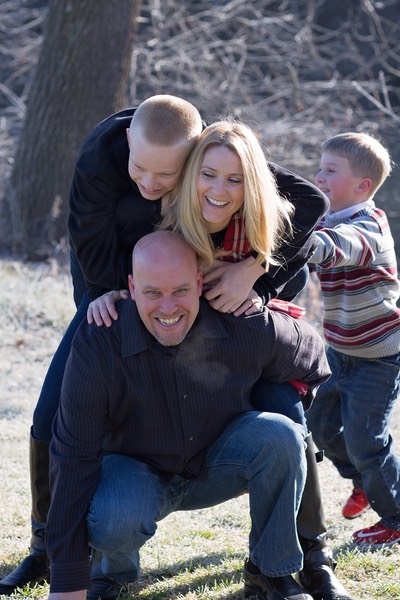In my last article I shared some ways that parents could create positive experiences with extracurricular activities. Here are a few more ideas to consider when thinking about these activities.
· Forrest Gump says, “Life is like a box of chocolates. You never know what you’re gonna get.” What a great way to think about extracurricular activities! They can open our child’s eyes to a world of possibilities. It can be fun to talk about all the great activities they can try. But let’s be honest. How many of us have left several chocolates in the box with one or two bites missing? Just because we try it, doesn’t mean we will like it, and it doesn’t mean we have to eat the whole thing. Sometimes a child quickly finds a passion and other times it takes some exploration before a child finds an activity of interest. Activities provide children with a way to express themselves and a means to learn their interests. When kids get to make activities their own, they can reap the benefits for life.
· Limit the balls: How many balls can we keep in the air without dropping them? Life often mimics juggling, doesn’t it? Out of necessity, parents are the best jugglers of all. When we allow our children to be in constant or multiple activities, it can create chaos for the family and have the opposite effect we desired. Children need time to play with toys, be outside with friends, do chores, and be bored. No one can keep multiple balls up in the air for long before some fall. We don’t want the balls that drop to be the very things that build family cohesion and teach our children contentment. There are times and seasons that require more running around, but finding some seasons without as much stress helps everyone. For families with multiple children, taking turns with activities may be necessary.
· Be a safe haven: How often do we base how we act toward our child on their performance? When we treat our children well when they perform well and with contempt when they don’t, it affects the way our children view themselves and us. When parents provide emotional safety for their children, they don’t have to look for it in other ways or places. For a child to feel emotional safety, they must feel love based on who they are, not what they do. Lets face it, no child has ever said, “Gee I hope my parent drills me about my performance,” but I’m pretty sure that every child would like to have a hug or a pat on the back, regardless of their performance.
· Deal effectively with the bad and the ugly: How should we handle it when our children have a bad attitude, or possibly act like they are superior to everyone else? What do we do when they display negative and embarrassing characteristics like bragging, cheating, or exaggerating? First and foremost, we model. We cannot expect our child to act or talk any better than we do. Sometimes delaying a few hours (or longer if needed) to discuss a problem attitude or behavior is much more effective than doing it in the heat of the moment. Addressing a bad attitude with someone who has one is ineffective at best. Realizing that we can still implement consequences or have our children fix their problems at a later point can lead to meaningful consequences and a child who truly cares about fixing their problem.
· Enjoy them: Our kids are growing up fast! Remember to enjoy the moments. When we find ourselves not enjoying it, looking for the reason is important. Using the chocolates analogy, it may be time to try a different piece of chocolate or possibly not eat the whole box!
